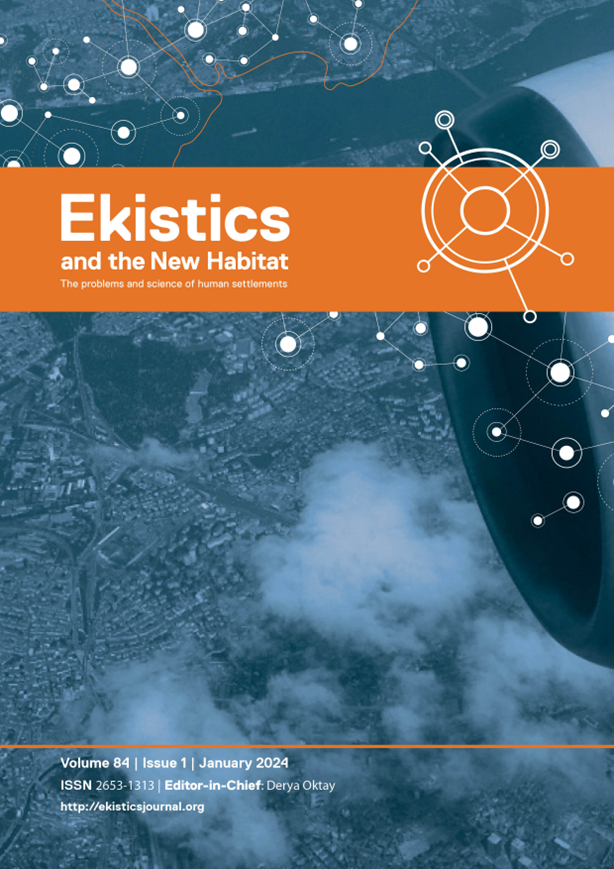Contextualization Matters: Beyond Abstract, Normative and Universal Approaches
DOI:
https://doi.org/10.53910/26531313-E2024841676Keywords:
context, contextualization, Living Labs, cultural, political and economic factorsAbstract
The negative ecological, health and social impacts of intensive agricultural production and deforestation, coupled with rapid urban and suburban development motivated some architects, land-use planners, landscape and urban designers last century to consider how the morphology and size of human settlements impact on natural and human ecosystems at local, regional and global levels. Some initiatives 50 years ago, including the seminal contributions of Constantinos A. Doxiadis, John Habraken, Victor Papanek (among others), preceded current concerns about complex people-society-environment-biosphere interrelations in a rapidly urbanizing world. Notably, the United Nations 2030 Agenda for Sustainable Development and the New Urban Agenda recognize these dilemmas, but these initiatives have not borne anticipated outcomes since 2015. This article explains that the proposed responses to these societal challenges by these international initiatives have devalued fundamental elements of ekistics that combined and synthesized five forces - economic, social, political, technical and cultural factors in a holistic and systemic model. In addition, abstract, dogmatic, normative, and universal approaches commonly used in architecture and urban planning during the last century have remained dominant. The author requests a fundamental rethinking of key drivers of rapid urbanization that need to be understood and corrected according to the diversity and plurality of contextual conditions in which human settlements are constructed. These can be identified and accommodated in Living Labs which are creative real-world settings that explicitly reconnect knowledge and praxis about human habitats, thus overcoming the current deficit in implementing the SDGs, and in particular SDG 11.
Downloads
Published
How to Cite
Issue
Section
Categories
License
Copyright (c) 2023 Ekistics and The New Habitat

This work is licensed under a Creative Commons Attribution-NonCommercial-NoDerivatives 4.0 International License.
Please contact the Editor-in-Chief: editor@ekisticsjournal.org, should you have any questions on copyright for your submission.
This research journal is for Educational and Knowledge development purposes.
All material published on this site complies with our copyright and terms as described by the Attribution-NonCommercial-NoDerivaties 4.0 International (CC BY-NC-ND 4.0)






